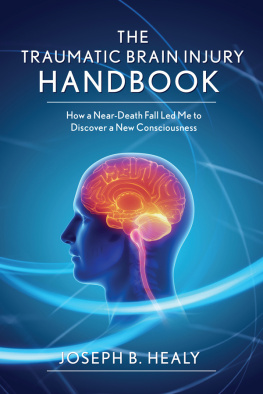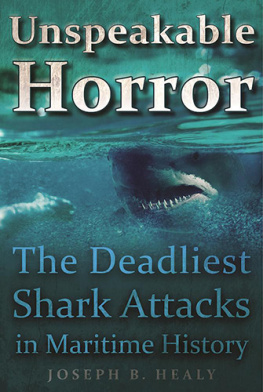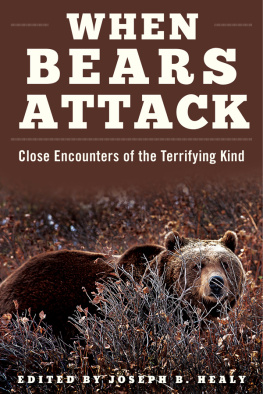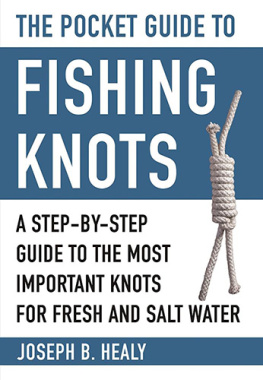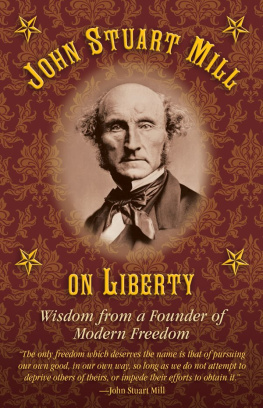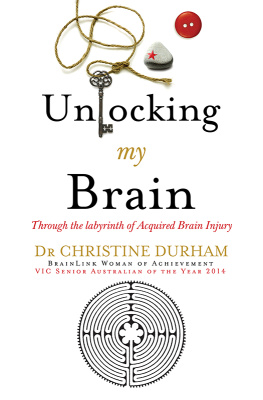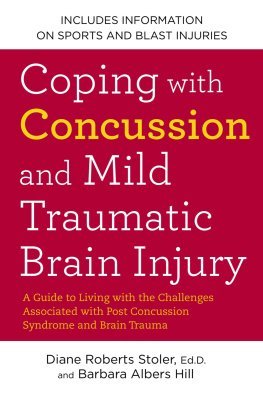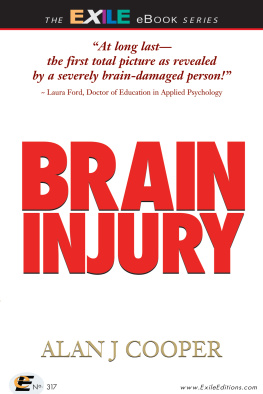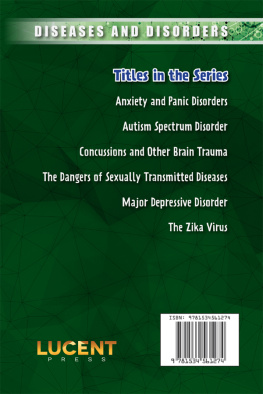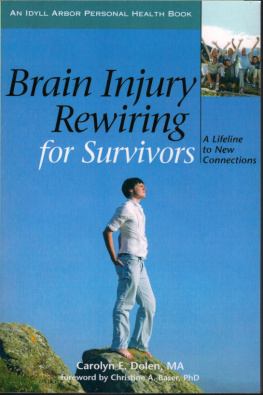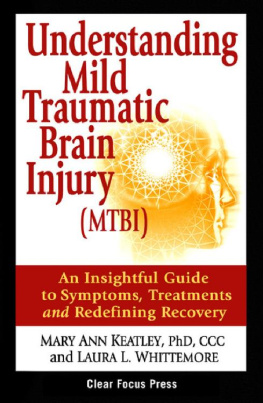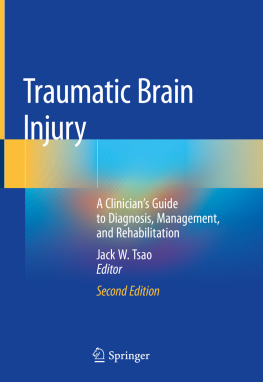Copyright 2016 by Joseph B. Healy
Excerpt on reproduced by permission of Oxford University Press USA; excerpt from Eelco F. M. Wijdicks, MD, Communicating Prognosis (New York: Oxford University Press, 2014), 293.
Excerpt on reproduced by permission of Oxford University Press, excerpt from Eelco F. M. Wijdicks, MD, Providing Acute Care (New York: Oxford University Press, 2014), 100.
The Way Back on reproduced with permission of Wyn Cooper, The Way Back (Buffalo: White Pine Press, 2000).
Excerpt on reproduced with permission of Mr. Tom Lovett, Headmaster of St. Johnsbury Academy, located in St. Johnsbury, VT.
Quote on from Mindful magazine reproduced with permission.
Quotes on .
Mission Statement on reproduced with permission of the Mind & Life Institute.
Mission Statement on reproduced with permission of Shambhala International.
All rights reserved. No part of this book may be reproduced in any manner without the express written consent of the publisher, except in the case of brief excerpts in critical reviews or articles. All inquiries should be addressed to Skyhorse Publishing, 307 West 36th Street, 11th Floor, New York, NY 10018.
Skyhorse Publishing books may be purchased in bulk at special discounts for sales promotion, corporate gifts, fund-raising, or educational purposes. Special editions can also be created to specifications. For details, contact the Special Sales Department, Skyhorse Publishing, 307 West 36th Street, 11th Floor, New York, NY 10018 or .
Skyhorse and Skyhorse Publishing are registered trademarks of Skyhorse Publishing, Inc., a Delaware corporation.
Visit our website at www.skyhorsepublishing.com.
10 9 8 7 6 5 4 3 2 1
Library of Congress Cataloging-in-Publication Data is available on file.
Cover design by Rain Saukas
Cover photo credit: iStockphoto
ISBN: 978-1-63450-571-0
Ebook ISBN: 978-1-63450-958-9
Printed in the United States.
CONTENTS

OH, YOURE AWAKE
Scientists refer to the ocean environment as inner space; in this way, exploration of the sea or its depths is inner-space exploration. We all know that outer space is that which is beyond Earths atmosphere or gravitational pullit is otherworldly. Both realms invite study and encompass mysteries. In both cases, we are eager to go there.
But what about inside us , that which makes us who we are ? Could that be calledinterior space? Space is defined as boundless or indeterminately finite. So by definition our interior space is the function of our brain. The energy produced by this organ engenders our mind, all of our thoughts and emotions, and impels us to any and all action. Some spark occurs and we think or move. That spark is an exchange of neurotransmitters at a junction between neurons called a synapse. A spark or series of sparks happen when we blink our eyes, or cough, or wave, or say I love you. When we say those words, something stirs inside us, too, and we feel a shudder through our nervous or limbic system, maybe a tightening of stomach muscles or a fluttering in the stomach. This happens instantaneously and you dont do it: you dont will it, the action just occurs. Thats emotion. Or, it might be a reaction if a loved one says I love you first.
The brain and the mind are intertwined. But stuff happens first in the brain, scientists agree on that, at least for the most part they do. Some chemical is emitted or some energy is created in the network of nerves in the brain matter. We move, react, speak, blink. We snap into being who we are. A neuropsychologist said to me simply, The brain affects everything. I had truly never thought about that until I was forty-four years old and woke upmy term for regaining consciousnessafter almost three weeks of nothingness. Nothingnessexcept some incredibly vivid dreams, mainly of water and water scenes such as fishing. I grew up on a lake, and I love to fish, and have spent much of my career producing fishing magazines. These images were safe and familiar to me, or they are to my brain. These memories reside in my long-term memory bank, stored and awaiting recall when needed. I needed them in the summer of 2012 as I wasnt laying down new memories; my brain wasnt capturing any. Therefore, I have no memory from the afternoon of August 14 to approximately sometime on September 3 of that year.
I remember noticing movement up in a maple tree as I sat at my desk in my home office; nothing unusual, maybe it was a gray squirrel or a bird fluttering. I looked closer and it was a catour small black house cat that had snuck out of the house and had been outside for days. It was Tuesday, August 14 (I do remember that) and I had been immersed in work, distracted by reading and reviewing email when I noticed the cat. I couldnt believe it was up in a tree in plain view through the window proximate to my desk; I was sure it had been eaten, a healthy morsel for a coyote or a fox or a fisher cat. I had to do something, and remembered the extension ladderit may have been already outside. This would only take a minute and my wifethe cat person in our familywould be so relieved that the cat was home and okay. This was the cat my wife had trapped when it was a kitten in a neighbors barn and she nurtured it into a reluctant house cat, shortly after her previous cat of eighteen years had died. I wanted my wife to thank me and to view me in a heroic way, something of a savior. I remember a deep exhale, a kind of Oh, shit, I guess I have to feeling of resignation. What came next? The doctors stopped calling it a coma (though my medical records say I was put into a medically induced coma for a short while) and now refer to it as post-traumatic amnesia. Apparently, I was interacting with doctors and walking and pulling out IV tubes. I was complaining of pain in my right wrist, my medical records tell me; it turns out, I damaged my right wrist, I suppose bracing or protecting my body during the fall. I dont remember falling off the ladder or out of the tree. I dont remember voices asking me if I was okay, or my wife splashing me with water to wake me up. I dont remember being intubated (turns out by our neighbor, who in addition to being a science teacher at the high school at which I worked is also an EMT), or the ambulance ride to the nearest hospital or the helicopter ride to Dartmouth-Hitchcock Medical Center in Hanover, New Hampshire. I remember nothing.
The physicians assessed me as an eight on the Glasgow Coma Scale (GCS) after the fall; later that night, that observation was reduced to a 6T (the T meaning intubated, and with the tube down my throat, Im sure I looked pretty bad). On the GCS, a dead body is generally a three. You, my reader, are a fifteen.
The Glasgow Coma Scale is the scoring system used to indicate the level of consciousness after a traumatic injury. The test involves factoring eye opening (E), verbal response (V), and motor response (M) so that the E + V + M sum results in the GCS assessment: The lower the number, the worse the medical prognosis. A therapist told me the GCS was used to gauge my recovery, as its a measure of awareness leading to normalcy. So all along the way in the hospital, as I progressed through my amnesia and afterward, I was somewhere on the scale. When I learned I was a six, I was freaked outthats three points from dead, right? Not exactly, I learned. Its a diagnostic measure but not a prognosis. It indicates the severity of the incident or accident, but it doesnt measure (and no expertise can) the actual physical damage, and certainly is no indicator of cognitive impact or damage, though the verbal and motor components tell medical personnel at least a little bit.

